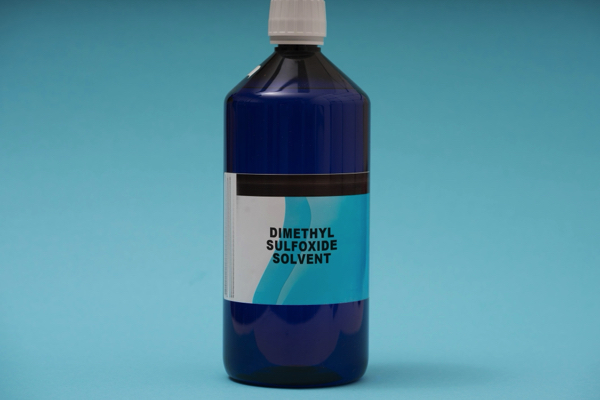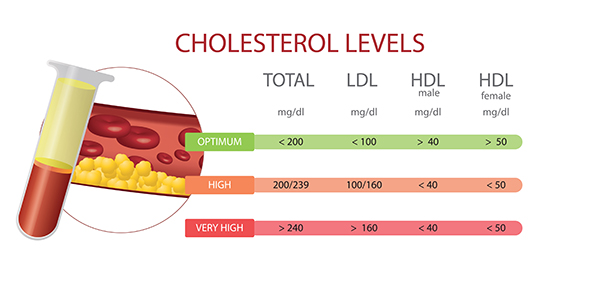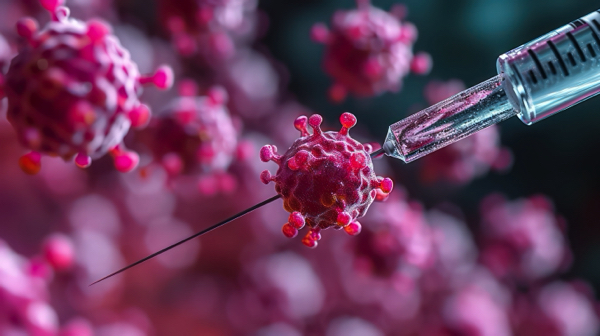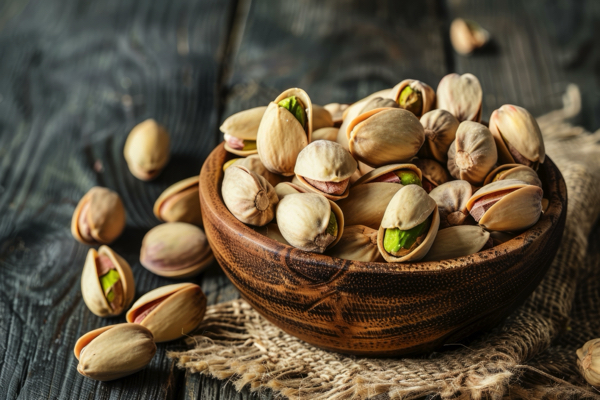Finding STRENGTH in stress: HEAL your way through life’s challenges
07/25/2025 / By Lance D Johnson

Stress doesn’t just leave scars—it builds strength. While chronic stress can wreak havoc on the body, accelerating aging and increasing the risk of disease, emerging research suggests that the damage isn’t always permanent. More importantly, the way we navigate stress today may determine how well we handle it tomorrow. Like a muscle pushed to its limit, the mind can grow stronger under pressure—but only if given the chance to recover. Scientists now believe that simple lifestyle changes can not only repair some of the harm done by prolonged stress but also fortify us against future challenges. The key isn’t just reversing stress’s effects but learning from them, turning adversity into resilience.
Key points:
- Chronic stress triggers inflammation and shortens telomeres, accelerating biological aging and increasing disease risk.
- Research shows that telomeres—protective DNA structures—may be more resilient than once thought, with potential for partial repair.
- Four lifestyle pillars—exercise, sleep, nutrition, and social connection—can help mitigate stress damage and build long-term resilience.
- Adaptogenic compounds offer physiological solutions to help the body manage hormones, including stress signals.
- Stress recovery isn’t about erasing the past but harnessing its lessons to better navigate future challenges.
The body under siege: how stress leaves its mark
When stress becomes a constant companion, the body pays a steep price. Prolonged stress floods the system with cytokines, proteins that, in excess, fuel inflammation and contribute to conditions like heart disease and diabetes. Yale’s Rajita Sinha, Ph.D., estimates that up to 40% of illnesses are stress-related. The damage goes deeper than symptoms—it’s etched into our cells. Telomeres, the protective caps on DNA strands, shorten under chronic stress, a biological red flag linked to premature aging.
Yet, the story doesn’t end there. Aoife O’Donovan, Ph.D., a psychiatry researcher at UCSF, made a surprising discovery: telomeres might not be as rigid as once believed. “We thought biological aging was like chronological aging—only moving in one direction,” she says. But her work suggests that telomeres can rebound, hinting at the body’s remarkable capacity for healing when given the right tools.
The four pillars of resilience
Recovering from chronic stress isn’t about quick fixes but sustainable habits. Science points to four foundational practices that not only repair damage but also build resistance to future stress.
1. Exercise regularly
Physical activity acts as a shield against stress’s corrosive effects. In a landmark study, O’Donovan found that while stress shortened telomeres in sedentary individuals, active participants showed no such decline. “Physical activity is one of the most powerful resilience agents we have,” she says. Whether it’s brisk walking or weight training, movement dials down inflammation and may even help telomeres recover.
2. Sleep well
Stress and sleep exist in a vicious cycle—stress disrupts rest, and poor sleep exacerbates stress. Research shows that men who skimp on sleep have shorter telomeres, while adequate rest helps the body reset inflammatory responses. For those lying awake with racing thoughts, experts recommend mindfulness techniques or calming rituals to signal safety to the brain. Waking up and processing one’s own dreams before jumping out of bed can have a positive impact on personal awareness.
3. Eat a healing diet
Comfort food might beckon during tough times, but the real solace lies in anti-inflammatory foods—think leafy greens, fermented fare, and spices like turmeric. A nutrient-rich diet supports telomere health and helps the body counteract stress-induced damage. Adaptogens are an important component that physiologically rewire the body’s hormonal process to better modulate stress.
4. Seek social support
Loneliness fuels inflammation, while strong social ties act as a buffer. “Being socially integrated makes us feel more secure,” O’Donovan notes. Even small connections—a phone call, a shared meal—can lower stress hormones and slow cellular aging. Social support can come from unexpected places, from the altars and small groups at a local church, to a local meditation or yoga group, or perhaps in a local sports pickup group.
The role of adaptogenic compounds in managing stress
Adaptogens are a unique class of herbal compounds that help the body adapt to stress, enhance resilience, and restore balance. They work by modulating the hypothalamic-pituitary-adrenal (HPA) axis and the sympathetic nervous system, reducing cortisol levels and improving energy metabolism. Unlike stimulants, adaptogens provide a non-jarring, sustained boost in vitality while protecting against physical, emotional, and environmental stressors. Three well-researched adaptogens include:
Eleutherococcus Root (Siberian Ginseng)
- Key Constituents: Eleutherosides (particularly eleutheroside B and E), polysaccharides, and lignans.
- Benefits: Enhances endurance, reduces fatigue, and supports immune function by stimulating adrenal activity without overstimulation.
Ashwagandha (Withania somnifera)
- Key Constituents: Withanolides (especially withaferin A and withanolide D), alkaloids, and sitoindosides.
- Benefits: Reduces anxiety, improves sleep, and supports thyroid function by balancing cortisol and promoting GABAergic activity.
Rhodiola Rosea
- Key Constituents: Rosavins (rosavin, rosin, rosarin) and salidroside.
- Benefits: Boosts cognitive performance, combats mental fatigue, and enhances mitochondrial efficiency by activating AMPK pathways.
These adaptogens are commonly used in traditional medicine systems (Ayurveda, Traditional Chinese Medicine) and modern herbalism to mitigate stress-related disorders, improve energy, and support overall well-being. Their mechanisms involve antioxidant, anti-inflammatory, and neuroprotective actions, making them valuable for long-term stress management.
Stress as a teacher, not just a foe
The goal isn’t to erase stress but to learn from it. Just as muscles grow stronger after recovery, the mind can develop resilience through adversity. Those who’ve weathered past storms often find future challenges less overwhelming, not because stress disappears, but because they’ve honed their ability to navigate it.
But healing takes time. Pushing through without recovery risks deeper damage. The real power lies in recognizing stress’s signals—knowing when to pause, when to lean on others, and when to prioritize self-care. As research illuminates the body’s capacity for renewal, one truth becomes clear: stress may leave marks, but it doesn’t have to define the future.
Sources include:
Submit a correction >>
Tagged Under:
#nutrition, aging, biology, chronic stress, disease prevention, exercise, inflammation, lifestyle changes, longevity, mental health, mindfulness, Psychology, resilience, self-care, sleep, social support, stress management, stress recovery, telomeres, wellness
This article may contain statements that reflect the opinion of the author





















